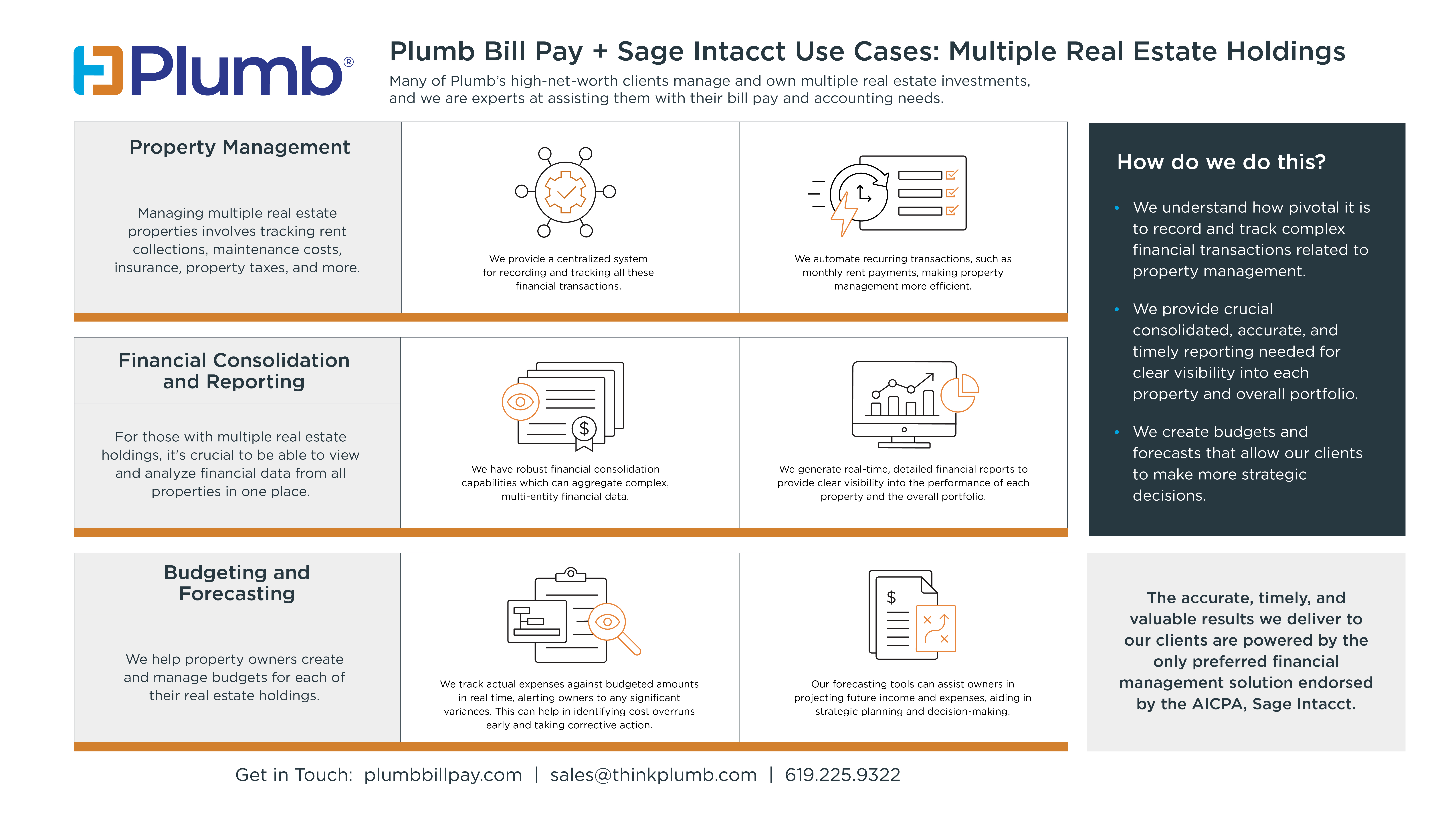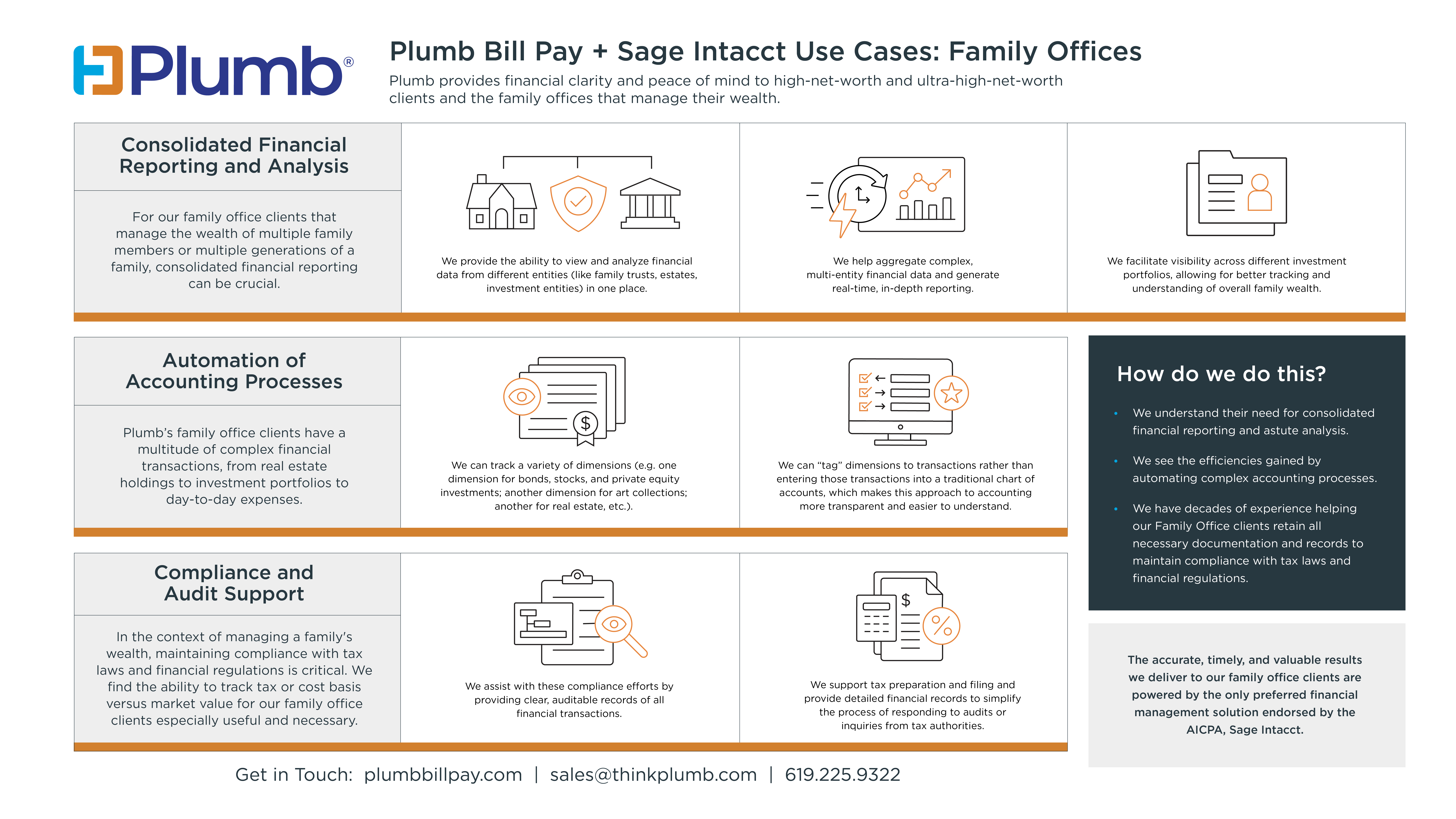
As summer quickly approaches, high net worth individuals (HNWIs) and their families are gearing up for vacations and travel adventures around the world. However, amidst the excitement of planning luxurious getaways, it’s crucial not to overlook the paramount importance of security. Whether for business or leisure, jet-setting across the globe comes with its own set of unique challenges, particularly concerning security. From cyber threats to physical safety risks, navigating these concerns requires careful planning and strategic measures. Let’s delve into some essential tips and security considerations to ensure a safe and enjoyable summer.
Cybersecurity Vigilance
In an age dominated by digital technology, cyber threats pose a significant risk, especially for individuals with substantial assets and sensitive information. Summer traveling exacerbates these risks, as individuals often rely heavily on digital devices for communication, navigation, and entertainment while on the move. To mitigate cybersecurity risks:
- Secure Devices: Ensuring all devices, including smartphones, tablets, and laptops, are equipped with updated antivirus software and security patches to fend off potential cyber attacks.
- Use Secure Networks: Avoiding connecting to unsecured public Wi-Fi networks, as they are prime targets for hackers. Instead, opting for trusted networks, virtual private networks (VPNs), or utilizing a personal hotspot with robust encryption.
- Beware of Phishing Scams: Exercising caution when accessing emails or messages, particularly those containing suspicious links or attachments. Phishing scams often escalate during peak travel seasons, aiming to exploit unsuspecting individuals.
- Secure Credentials: Use an online password storage system, like Keeper Security, Lastpass, etc., to store usernames, passwords, and other sensitive information to keep it safe from cybercriminals.
Physical Security Precautions
Beyond the digital realm, physical safety remains a paramount concern for HNWIs and their families. Whether exploring exotic destinations or relaxing at lavish resorts, adopting the following precautions can enhance security:
- Personalized Security Detail: Depending on the level of perceived risk, engaging the services of professional security personnel can provide an added layer of protection, especially in high-risk regions or during high-profile events.
- Secure Accommodations: Opting for reputable hotels and resorts with robust security measures in place, such as controlled access, surveillance cameras, and 24/7 security personnel. Prioritize accommodations that offer privacy and seclusion without compromising on safety.
- Traveling Light and Keeping Low-Profile Travel: Minimizing conspicuous displays of wealth, such as expensive jewelry or designer attire, can help avoid attracting unwanted attention from potential threats. Pack light and only carry essential items to reduce the risk of theft or loss.
Emergency Preparedness
Despite best-laid plans, unforeseen circumstances can arise, requiring swift and decisive action. HNWIs and their families can prioritize emergency preparedness by:
- Maintaining Emergency Contacts: Keeping a list of essential contacts, including local authorities, embassy or consulate information, and trusted security personnel, readily accessible can facilitate prompt assistance in the event of an emergency.
- Travel Insurance Coverage: Investing in comprehensive travel insurance that extends coverage to medical emergencies, evacuation services, and trip cancellations due to unforeseen events can provide peace of mind and financial protection against potential losses.
- Risk Assessment and Contingency Planning: Conducting thorough risk assessments prior to travel, identifying potential threats, and developing contingency plans can enable swift and effective responses to adverse situations, minimizing the impact on personal safety and well-being.
Conclusion
Summer traveling offers endless opportunities for relaxation, adventure, and cultural exploration for HNWIs and their families. However, prioritizing security is paramount to ensure a safe and enjoyable experience. By remaining vigilant against cyber threats, implementing physical security precautions, and prioritizing emergency preparedness, HNWIs can navigate the complexities of summer travel with confidence and peace of mind. Remember, proactive measures and careful planning are the keys to a secure and memorable vacations.













